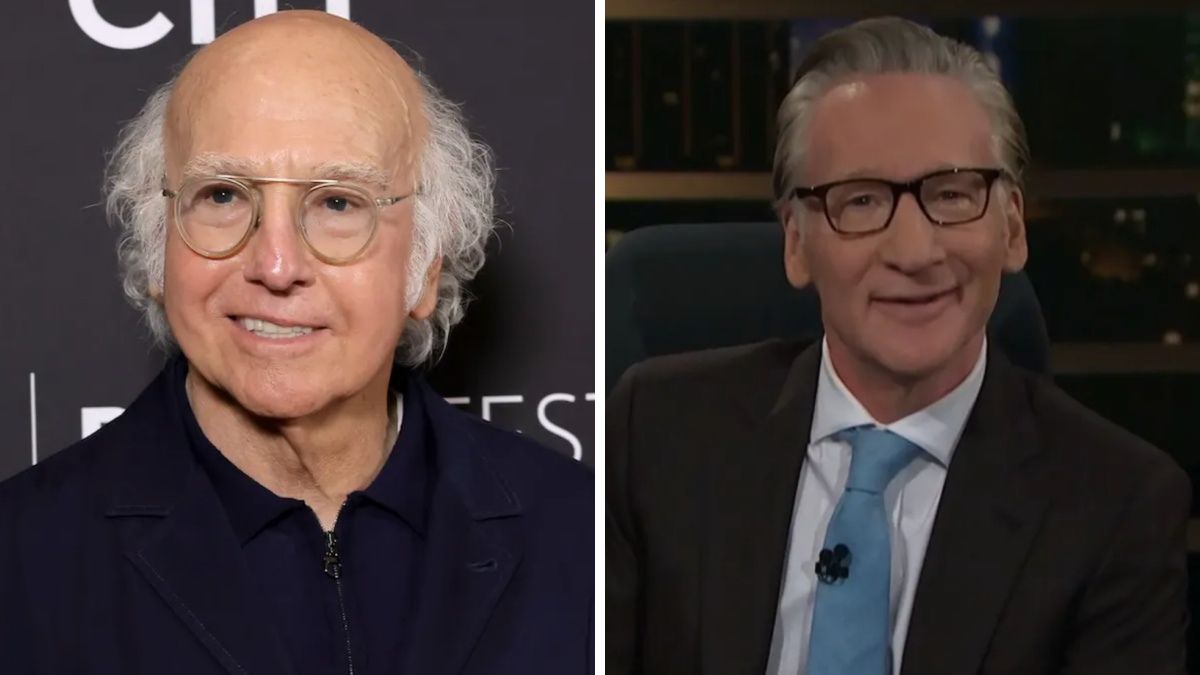## “The Last of Us” Episode 2 Twist: The Internet’s Biggest Leak Wasn’t a Leak at All
Remember that jaw-dropping, heart-stopping twist in “The Last of Us” Episode 2? The one that had everyone scrambling for a tissue and frantically refreshing Twitter for reactions? Well, turns out the internet wasn’t shocked at all. In fact, we were all a bit… informed.

This isn’t your typical spoiler scenario. This is a case of a major plot point being seemingly leaked, only to unravel as a clever, pre-planned marketing ploy. TheWrap dug into the story, and it’s a wild ride of anticipation, disappointment, and ultimately, a begrudging respect for the creators’ audacious plan.

Tracing the Origins of the Leak
The leak that exposed the shocking twist in “The Last of Us” Episode 2 originated within online gaming communities. Reddit threads, Discord servers, and gaming forums buzzed with speculation and leaked information in the months leading up to the game’s release. While the exact source of the leak remains unclear, it highlights the inherent challenges of maintaining secrecy in the digital age.
The Power of Online Communities
The internet has fostered a culture of instant information sharing, making it incredibly difficult to contain sensitive details. Online gaming communities, in particular, thrive on discussions and speculation, often leading to the premature exposure of plot points, character reveals, and other story elements. In the case of “The Last of Us: Part II,” the anticipation surrounding the sequel fueled a firestorm of online chatter, creating fertile ground for leaks to spread like wildfire.
The Challenges of Secrecy in the Digital Age
Maintaining secrecy in the gaming industry is an ongoing struggle, exacerbated by the pervasiveness of the internet and the relentless pursuit of information by eager fans. Game developers face several challenges:
The Human Factor
Even with the most stringent security measures, human error can compromise secrecy. Leaked screenshots, early build copies, or careless conversations can inadvertently expose vital story details. The pressure to deliver groundbreaking experiences can also lead to oversharing among developers, unintentionally revealing plot points during promotional interviews or behind-the-scenes content.
The Rise of Social Media
Social media platforms have amplified the challenges of maintaining secrecy. Developers often utilize these platforms to engage with fans and build hype, but the same tools can be exploited by leakers and spoiler enthusiasts. Screenshots, videos, and rumors can spread like wildfire, often obscuring the true narrative until the official release.
The Culture of Speculation
The gaming community thrives on speculation and theorizing. Every trailer, gameplay demo, or piece of concept art is scrutinized for clues and hints, fueling a constant stream of online discussions and predictions. This culture of speculation can inadvertently contribute to the spread of leaks, as fans eagerly share their theories and interpretations, even if based on incomplete or unreliable information.
Ethical Considerations of Spoiler Culture
The widespread sharing of spoilers raises ethical questions about the impact on the gaming community. While some gamers embrace the thrill of knowing what’s coming, others find spoilers to be a significant detriment to their enjoyment. The ethics of spoiler culture extend beyond individual preferences:
The Right to Unmediated Experience
Many argue that gamers have the right to experience a game without prior knowledge of its twists, turns, and emotional beats. Spoilers can diminish the sense of wonder, surprise, and emotional impact that a game aims to deliver. This argument emphasizes the importance of protecting the integrity of the storytelling experience.
The Impact on Community Engagement
Spoilers can also negatively affect community discussions and playthrough experiences. Knowing major plot points beforehand can lead to predictable conversations and diminish the sense of shared discovery and exploration. This can stifle meaningful discussions and limit the potential for diverse interpretations and perspectives.
The Responsibility of Content Creators
Content creators have a responsibility to consider the ethical implications of sharing spoilers. While it’s natural to want to discuss and analyze games, it’s important to be mindful of the potential harm that spoilers can cause. Gamestanza, for example, strives to provide spoiler-free content and encourages readers to engage in ethical spoiler discussions.
Adapting a Controversial Narrative: The HBO Series’ Take
The HBO series adaptation of “The Last of Us” faced a unique challenge in adapting the controversial storyline of “Part II.” The game’s narrative divided fans, with some praising its complexity and emotional depth while others criticized its tonal shifts and character choices. The series, however, manages to navigate this sensitive territory with nuance and care.
Balancing Emotional Impact and Narrative Complexity
The HBO adaptation retains the emotional weight of the original game’s narrative, emphasizing the profound impact of trauma, grief, and revenge. The series also delves deeper into the motivations and backstories of its characters, providing a richer understanding of their actions and choices. This careful balance allows viewers to connect with the story on a deeper level, even if they disagree with certain plot points.
Creative Liberties and Artistic Interpretation
The HBO team took creative liberties in adapting the game’s story, making minor changes to character relationships, plot points, and pacing. These adjustments serve to enhance the narrative flow and provide a more cohesive viewing experience for those unfamiliar with the game. However, the core themes and emotional resonance of “Part II” remain intact.
Generating New Perspectives and Discussions
The HBO series has sparked renewed conversations and debates about the original game’s narrative. By presenting the story in a visual medium, the series allows viewers to experience the emotional turmoil and complex moral dilemmas firsthand. This has led to a more nuanced and thoughtful discussion about the game’s themes and characters, prompting viewers to reconsider their own interpretations.
Conclusion
So, there you have it. HBO’s “The Last of Us” managed to pull off a masterful twist in Episode 2, but the internet, in its relentless pursuit of spoilers, managed to dampen the experience for some. The article highlights the unfortunate reality of living in a hyper-connected world where even the most carefully guarded secrets can be unearthed before their intended unveiling. It raises important questions about the ethics of spoiler culture, the fragility of surprise in an age of instant information, and the impact it has on our collective viewing experience. Ultimately, the “The Last of Us” spoiler controversy reveals a deeper tension within our relationship with media. On one hand, we crave connection and shared experiences, eager to discuss and dissect the narratives that captivate us. On the other, we cherish the element of surprise, the thrill of discovering a plot twist or emotional beat for ourselves. It’s a balancing act, and the lines are increasingly blurred. As streaming services continue to dominate the entertainment landscape and social media remains a powerful force, the question remains: will we find a way to navigate this new world without sacrificing the magic of genuine surprise? Or are we destined to live in a world where everything is already known, leaving us with only the hollow echo of what could have been?
